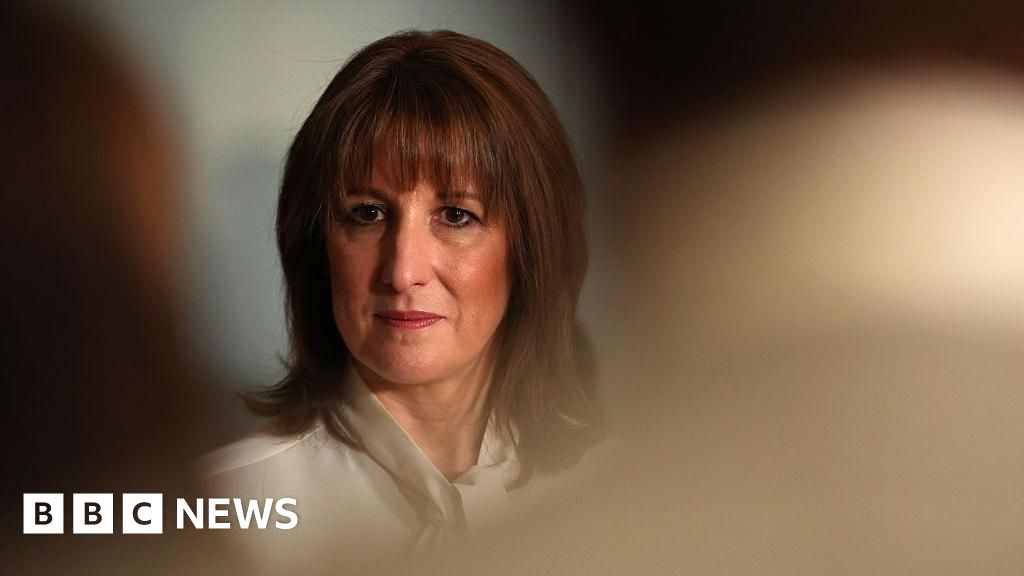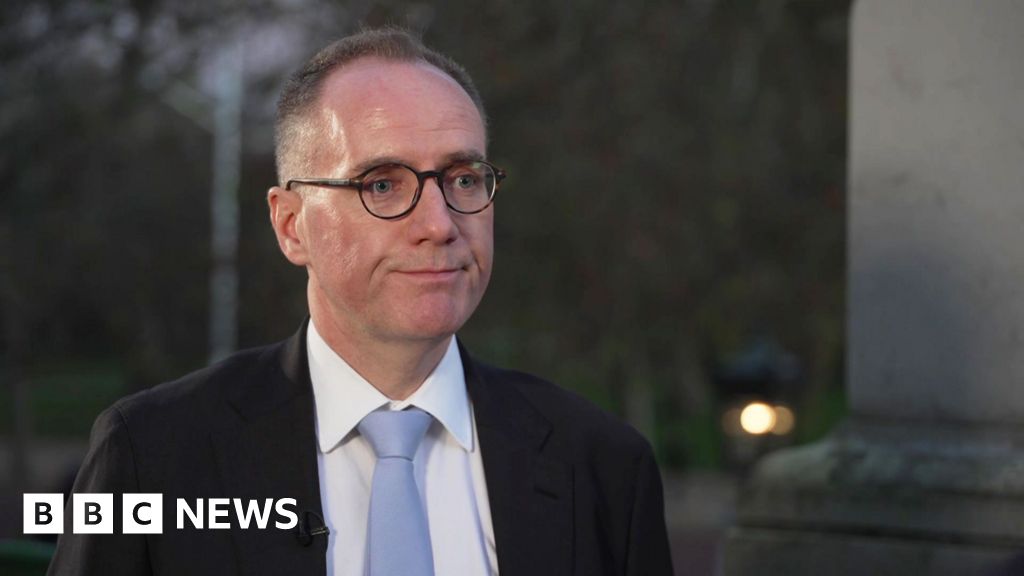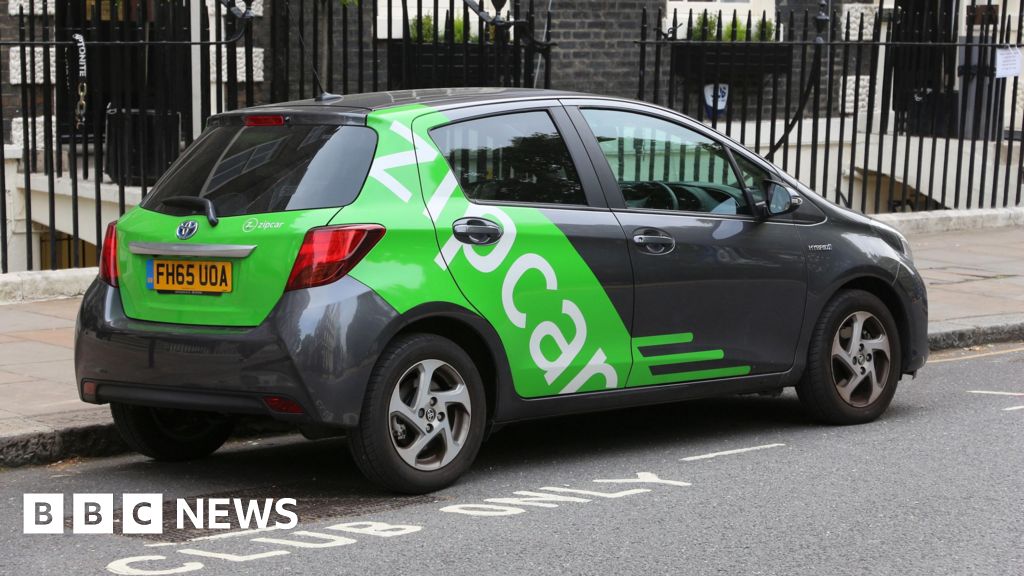Dharshini DavidDeputy economics editor
There's relief for many today that inflation didn't hit the feared 4% last month - relief for households, the government and the Bank of England.
But at 3.8% in the year to September, inflation remains considerably above the Bank's target and while that persists, consumers may remain jittery about spending, uneasy about the future path of prices.
After all, during the spike in inflation a couple of years back, they experienced the equivalent of more than a typical decade's worth of price rises in just two years.
They, and their finances, are scarred.
And inflation in some areas such as services - think hotels and restaurants - remains stubborn.
Sectors such as hospitality are most likely to have seen their wage bills rise substantially - analysts suggest by as much as 10% - due to government policies such as higher minimum wages and tax increases over the past year.
But there are signs that things are settling down - food prices eased for the first time in months in September, as the impact of higher commodity prices fades a little.
While food makes up a relatively small part of the basket of goods and services used to measure inflation, it is the most visible form of price rises.
Meanwhile, economists feel that the impact of some of the other higher costs firms have been passing on may be peaking. Economists expect inflation to fall back towards the 2% target next year.
And remember, on average wage rises are comfortably outpacing inflation, so the cost-of-living squeeze is easing for many, even if it may not feel like it.
Plus, traditionally these figures are used to uprate many benefits for working age people - some may see an increase of about 6% in their universal credit payments next spring.
Following the release of the latest inflation figures, Chancellor Rachel Reeves said she was not satisfied with progress so far in bearing down on price rises.
She went on to hint at help to come in November's Budget, with, we understand, some relief expected on energy bills.
Businesses, however, remain cautious - some retailers are warning that further tax rises in the Budget may cause a resurgence in inflationary pressures.
And until the Bank of England feels that inflation is firmly under control, it's always going to be cautious about cutting interest rates.
So while there's still unlikely to be a cut in rates in November, analysts think there may be a growing chance of a "Santa cut" in December - just in time for Christmas.

 Movie
Movie 1 month ago
67
1 month ago
67 




![Presidents Day Weekend Car Sales [2021 Edition] Presidents Day Weekend Car Sales [2021 Edition]](https://www.findthebestcarprice.com/wp-content/uploads/Presidents-Day-Weekend-car-sales.jpg)




 English (United States)
English (United States)